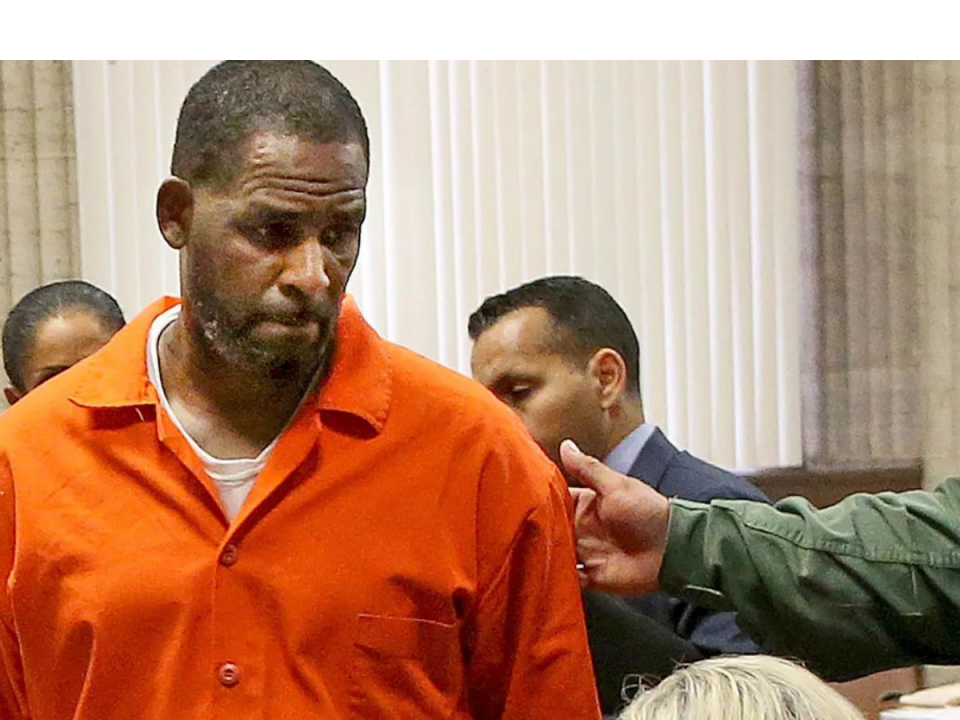As the R. Kelly Chicago trial begins, the lawyer asks the jury to reject “mob justice.” Prosecutors referred to the singer’s alleged history of molesting girls as young as 14 in their opposing opening statements.
At the R. Kelly Chicago trial on charges accusing him of seducing girls for sex and manipulating a 2008 child pornography case, a prosecutor told jurors on Wednesday that the singer concealed an unpleasant aspect of his life as he rose from poverty in Chicago to pop music prominence.
In her opening remarks at the federal trial in Chicago, Kelly’s lead counsel pleaded with the jury not to believe the prosecution’s description of her client as “a monster.”
Back in the 1990s, Kelly was mostly recognized for his popular songs, such as the uplifting anthem that topped the charts. Jason Julien, an assistant US attorney, declared, “I Believe I Can Fly.” However, he continued, “Kelly had another side… a hidden side, a dark side.” “Kelly’s secret side is what this trial is about.”
Kelly, 55, is accused of seducing youngsters for sex, creating child pornography, and manipulating his 2008 child pornography trial, which resulted in his acquittal. Kelly has been the subject of several complaints and allegations regarding his sexual behavior throughout the years, all of which he has denied.
After the #MeToo movement and the six-part 2019 documentary “Surviving R. Kelly,” which chronicled sex abuse allegations involving women and adolescent girls, the attention increased.
Kelly had to rely on others as his career took off because of intellectual difficulties, including illiteracy, according to defense counsel Jennifer Bonjean, and he was occasionally misled by people in his network of contacts.
Derrel McDavid and Milton Brown, two Kelly associates, are co-defendants. While Brown is accused of obtaining child pornography, McDavid is accused of aiding Kelly in fixing the 2008 trial.
They have likewise denied misconduct, just like Kelly. Tuesday night, the jury was seated, with prosecutors and defense lawyers sparring over whether the government had illegally tried to keep some Black persons off the jury. Kelly is racial. The court, the prosecution, and the defense attorneys recognized around half of the 12 jurors as being Black. There are five alternatives as well.
